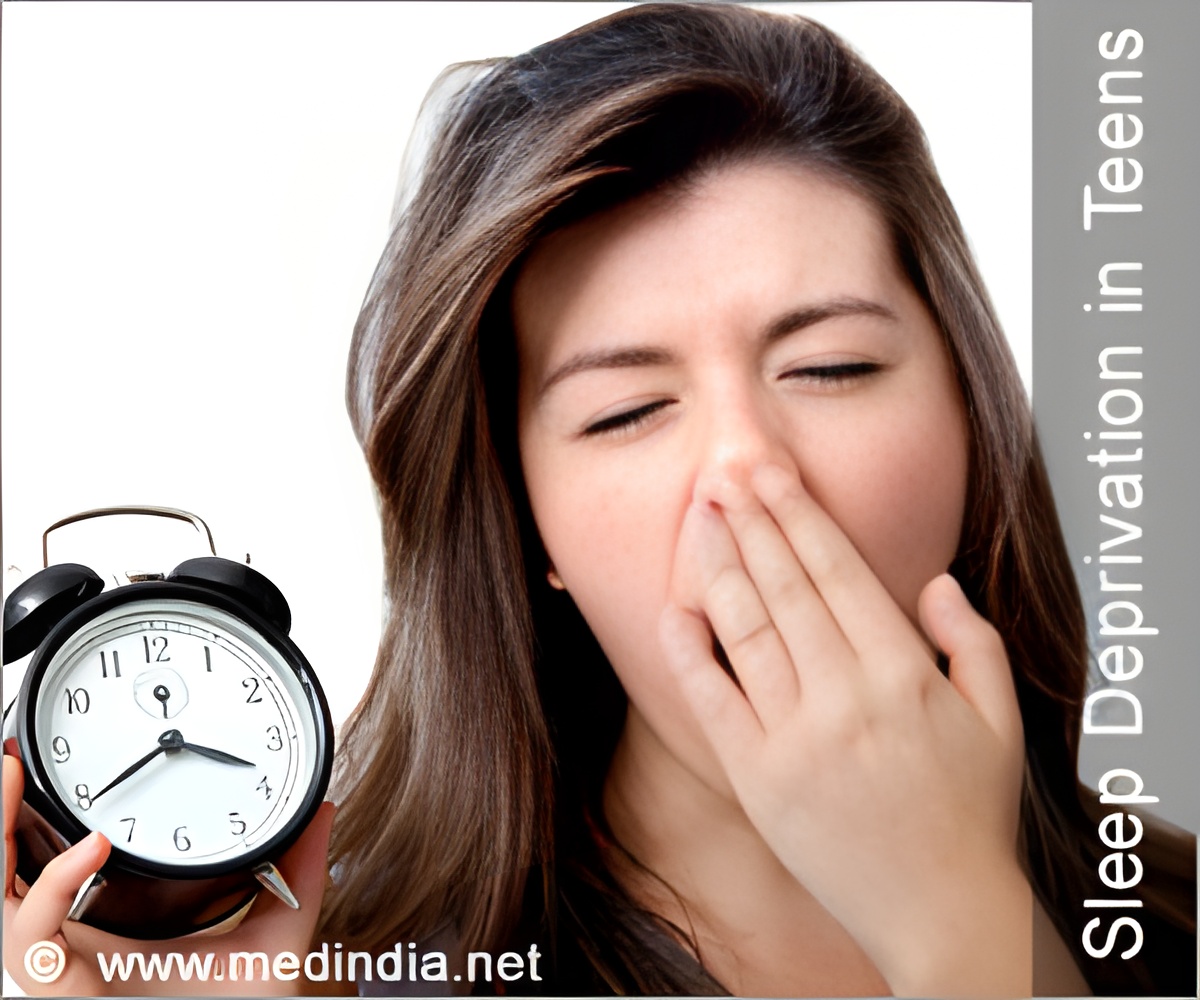
‘Children who start schooling before 8:30 a.m, get insufficient sleep or barely meet the minimum amount of sleep that is 8-10 hours. Depression is one of the most rampantly growing disorders in the world especially amongst adolescents and teenagers.
’
Tweet it Now
“Even when a student is doing everything else right to get a good night’s sleep, early school start times put more pressure on the sleep process and increase mental health symptoms, while later school start times appear to be a strong protective factor for teenagers,” said Jack Peltz, Professor at the University of Rochester in the US. School timings not only affect the sleeping habits but also the daily functioning of the body. It aggravates major health problems like obesity, heart disease and others in adulthood.
The study, suggested that maintaining a consistent bedtime, getting between eight and 10 hours of sleep, limiting caffeine, turning off the television, cell phone and video games before bed will not only aid healthy functioning of body but would also boost mental health.
For the study, they used an online tool to collect data from 197 students across the country between the ages of 14 and 17. The findings revealed that regular sleep of 8 to 10 hours and consistent sleep hygiene was directly associated with lower average daily depressive or anxiety symptoms across all students. Risk was found to be even lower in the students who started school after 8:30 a.m. as compared to those who started early.
The risk of depression was even lower in the students who started school after 8:30 a.m. in comparison to those who started early. “One possible explanation for the difference may be that earlier starting students have more pressure on them to get high quality sleep,” Peltz stressed.
Advertisement










